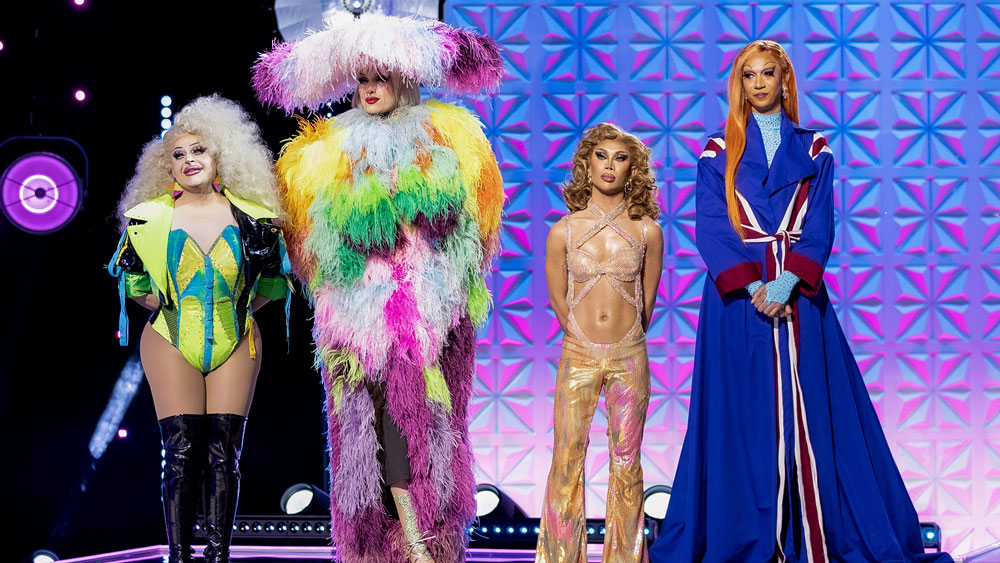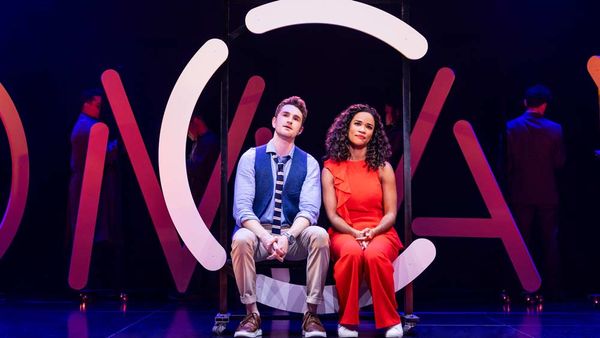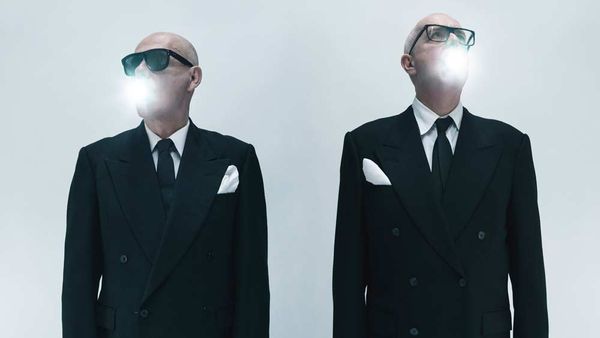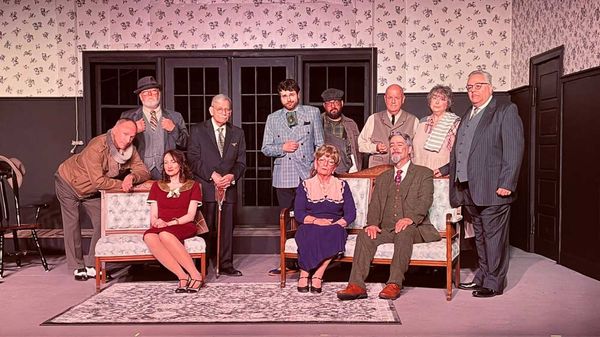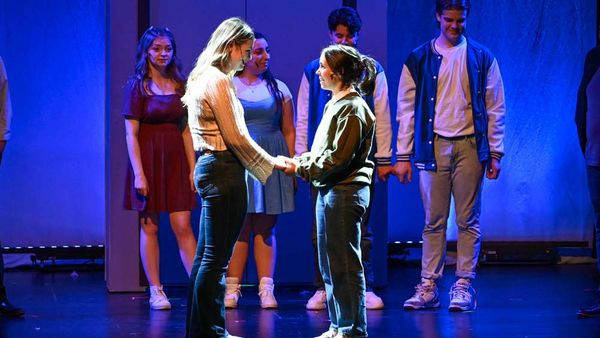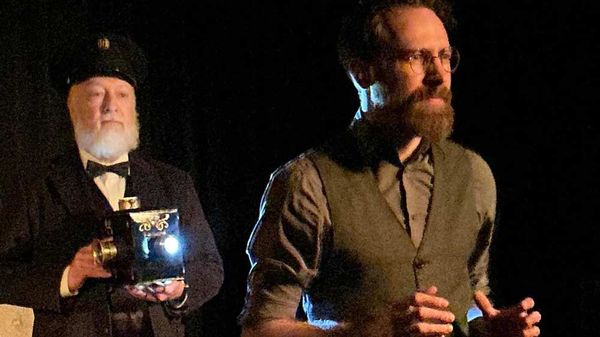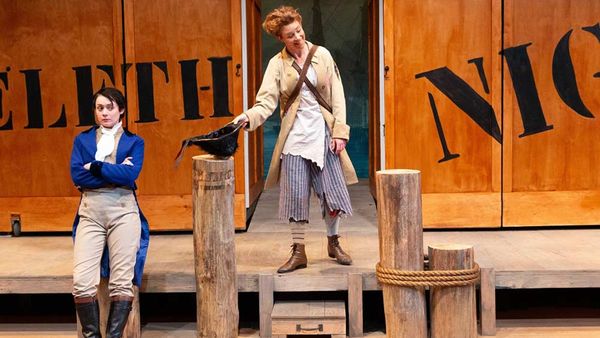
December 7, 2018
Back Roads
Kilian Melloy READ TIME: 3 MIN.
"Magic Mike" Alex Pettyfer turns in a slightly stilted performance but delivers the goods as a first-time director in the messy, unsettling thriller "Back Roads."
Pettyfer plays main character Harley Altmyer, a young man whose family has all but been destroyed by tragedy. With his mother (Juliette Lewis) in jail for the murder of his father – a man who used to beat his children and, possibly, abused them sexually – it's up to Harley to keep his younger siblings safe and the remnants of his family together.
That's not easy, given the minimum wage jobs he's working, the way the family home is falling into disrepair, and the way younger the eldest of his younger sisters, Amber (Nicola Peltz), is acting out. On top of all that, youngest child Jodi (Hala Finly) is showing signs of knowing terrifying secrets around the murder of the family patriarch, while middle girl Misty (Chiara Aurelia), age 12, is hitting young womanhood both physically and emotionally; in many ways, she seems the most put-together and level-headed of them all, but it's far from clear whether her cool, smart demeanor is a sign of promise or a chilling effect of deep psychological damage.
Haley himself has been so traumatized by the brutality of his young life that he's barely keeping his own mind on track. Withdrawn and shy around women, he wants nothing so much as a fulfilling sexual relationship; when a flirtation with an older, married woman named Callie (Jennifer Morrison) turns into a wild fling, Haley is emotionally unprepared and increasingly volatile. Their relationship is tempestuous and ill-advised: Haley's sisters are reacting badly to his occasionally being out all night, and Callie is increasingly uncomfortable in a situation she knows cannot endure and probably won't end well.
The film is based on a novel by Tawni O'Dell, who co-wrote the screenplay and served as a producer, preserving both the literacy and the artistic integrity of the work. The acting, however, is a weak link, vacillating between the effective and the less than believable. Where it works is in the disengaged, slightly threatening beats, as when Haley responds to his sisters with a deliberately cool affect, as though tamping down his uncontrollable emotions, or when Misty drops the occasional bombshell with frosty, frightening composure. Less convincing are moments of high drama, as when Haley confronts his mother about the secrets she's keeping in jail, or when Callie rages at Haley for his lack of discretion. Pettyfer's directorial style seems to thrive when intense feelings are kept under wraps, but he doesn't quite know how to let his cast, including himself, hit the right notes when those feelings explode.
Fortunately, much of the movie plays out in a manner of cool menace, which is also useful considering what a hot mess this family are. Incest, booze, social stigma - it call comes into play here, and if it's hard to get a handle on exactly what's going on, that's seemingly the point. These confused, abused young people – and the adults around them – have been so psychically battered they scarcely know which way to turn. Reality is slippery, and certainty nonexistent; this is a film that keeps you off-balance, such that a post-ending card talking about rates of child abuse, while giving the viewer something to hang onto and a way to contextualize the movie's psychological horrors, feels reductive and slightly beside the point. Trauma like this cannot be distilled into numbers; it can only be drizzled, cold and terrifying, onto the psyche, and Pettyfer mostly manages the feat.
Kilian Melloy serves as EDGE Media Network's Associate Arts Editor and Staff Contributor. His professional memberships include the National Lesbian & Gay Journalists Association, the Boston Online Film Critics Association, The Gay and Lesbian Entertainment Critics Association, and the Boston Theater Critics Association's Elliot Norton Awards Committee.

